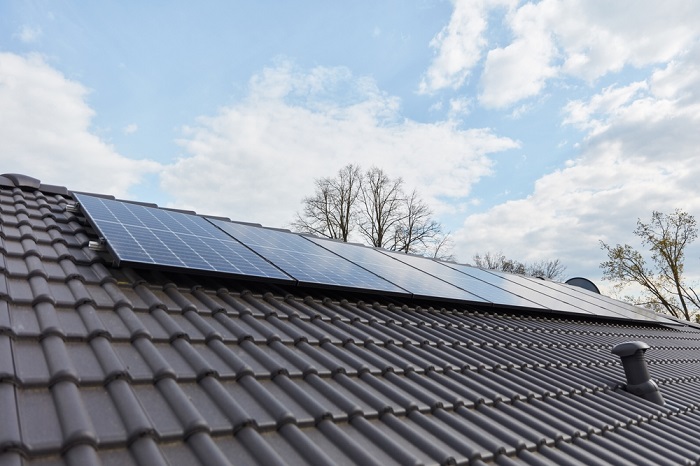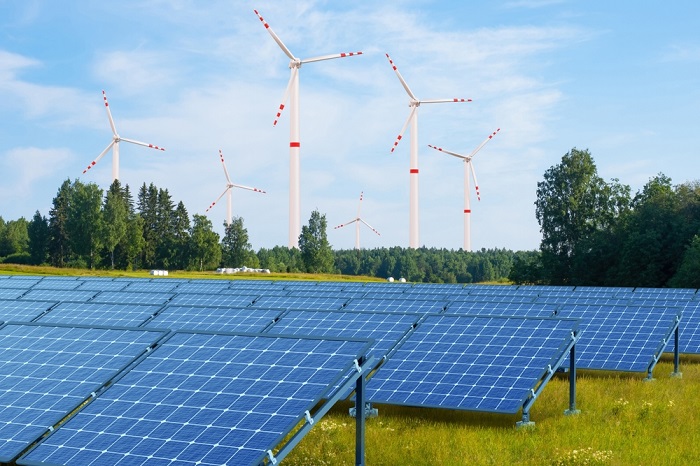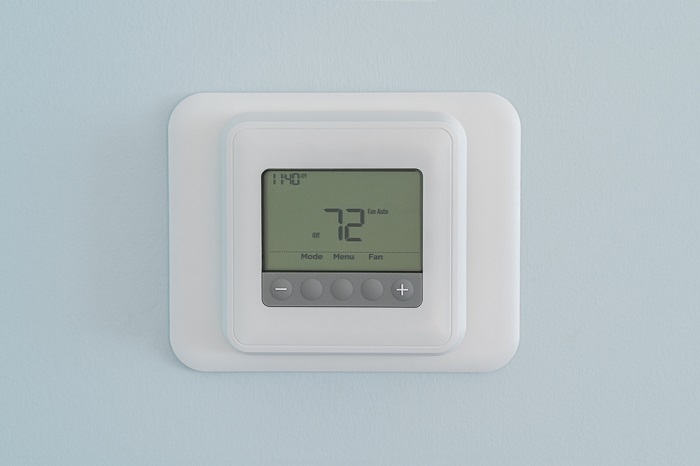
Solar panels are one of the most popular improvements homeowners can make. Unlike giving your front yard a serious landscaping facelift or remodeling your kitchen, installing solar panels and a solar energy system offers monthly savings. Some states mandate that all new homes be built with solar panels, but home solar systems are desirable nationwide. Here’s why new homeowners should install home solar systems sooner rather than later.
Lower or Even Eliminate Electricity Costs
Solar energy users can save between $10,000 and $30,000 over the lifetime of their solar panels. How much you save depends on your local electricity prices, how efficient your home solar system is, and how much sunlight you get on any given day. Some solar energy customers end up selling electricity back to their local power grid, adding to their yearly savings. The average American family spends $1,500 or more per year on electricity – depending on their solar energy system, they can save just as much per year.
| Money-Saver Alert: Run large appliances like dishwashers and washing machines when your solar panels are producing electricity, to stretch your solar savings. |
Increase Home Value
Installing solar panels doesn’t just save on your monthly electricity bill; it also adds value to your home. One of the reasons you likely bought a home in the first place is so that it can appreciate in value over time. Installing solar panels is one of the few ways to increase the value of your home without adding to your property taxes, and homes on the market with solar panels are generally considered more attractive.
One study estimates that a home’s value increases by $20 for every $1 decrease in energy costs. For a household that saves $1,500 per year on electricity bills because of their solar energy system, this translates to a $30,000 increase in their home’s value – as much as they can expect to save over the life span of their solar panels.
Decrease Your Dependency on the Power Grid
By installing a home solar system, you can ensure that your home stays powered when your local infrastructure fails. If you have the correct inverter and battery configuration, your home can keep running on solar energy even if your area is suffering from power outages caused by heat waves or maintenance. For people who rely on their electricity to run their medical devices, solar energy can save lives.
Reduce Your Carbon Footprint

Financial benefits of solar panels aside, you’re doing something good for the planet when you install a solar energy system. Solar is one of the cleanest forms of renewable energy that exists. It produces next to no greenhouse gasses, and the sun is an infinite energy source. Turning to solar energy to power your home also reduces your reliance on the consumption of fossil fuels, which still fuel most conventional power grids, and is a financially advantageous choice that an individual can make to help mitigate the effects of climate change.
You’ll need to keep your solar panels operating for three years for their savings to offset their carbon footprint, but since solar panels last up to 25 years, you’ll be doing the planet a huge favor.
Earn an Excellent Return on Your Investment
It’s true that solar panel installation isn’t cheap: Expect to pay between $3,500 and $16,000 upfront for a residential solar power system. However, most solar power systems pay for themselves in five to eight years. When the average solar power system can save upwards of $30,000 over the life span of the solar panels, the admittedly large upfront cost is a little easier to stomach. Even when you account for cloudy days when your panels won’t generate much electricity, you’re still buying less electricity from the grid overall.
To encourage homeowners to install solar power systems, the federal government offers tax credits of a percentage of your system’s total cost.
Keep Your Home Cooler

Solar panels provide unintended cooling benefits to the homes they are installed on. Because the solar panels soak up the sun, they prevent the sunlight from hitting, and therefore heating, the roof. A house without solar panels lacks this extra layer of protection from the heat. Solar panels can cool a roof by up to 5 degrees, and houses with solar panels can expect to save enough energy to further discount the price of their solar panels over time. In addition, your solar panels can help insulate your roof in the winter, keeping heat trapped.
Get a Tax Break
Let’s face it: No one likes paying taxes. Paying less in taxes is always the preferred option, and numerous local, state, and federal programs exist, including the Federal Tax Credit for Solar Photovoltaics, that provide savings for homeowners at tax time. Different states have different programs, so research your local programs to see how much you can save.
Solar Insights: Federal tax breaks for solar panels start to decrease after 2032. |

